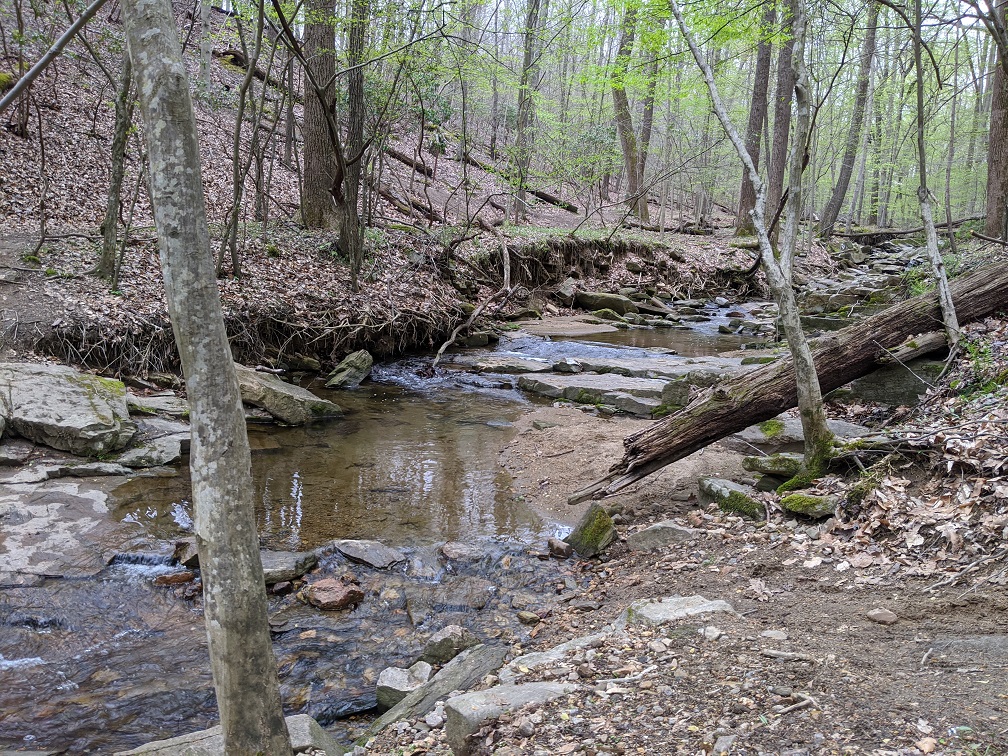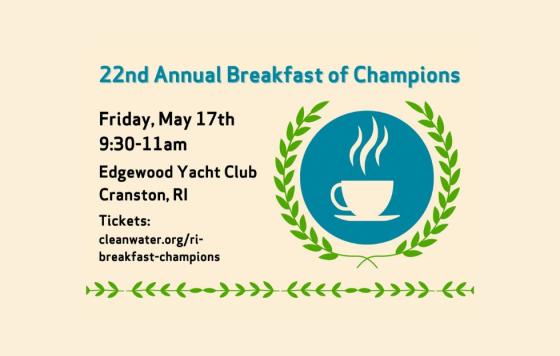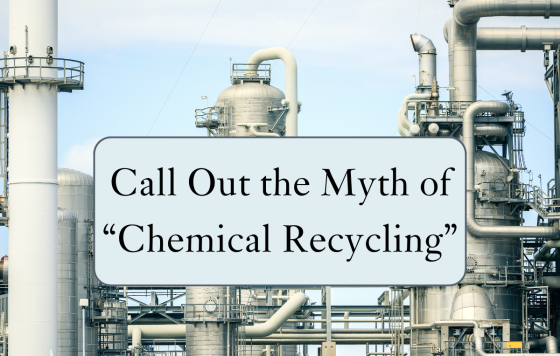
Maryland’s legislative session ended early for the first time since the Civil War this year, because of COVID-19. This meant that the only piece of legislation we were working on that passed was the ban on chlorpyrifos. Governor Hogan vetoed the chlorpyrifos ban, opting for regulations instead. Regulations can be undone with the stroke of a single pen, which is why Clean Water likes strong legislative language!
Chlorpyrifos is a super toxic pesticide that is dangerous not only to pollinators, but also to people and aquatic life. The US EPA under the Obama administration could not find a safe threshold of chlorpyrifos, and so initiated a ban. This was one of the many rollbacks we have been fighting at the federal level, and is why we worked on a ban for chlorpyrifos in Maryland.
The Pollinator Protection Act of 2016, which required that stores only sell neonicotinoid pesticides to people who are licensed to spray them, is still not being implemented. Neonics are the most toxic pesticide to our bees and are a leading factor in mass pollinator die-offs. However, the Maryland Department of Agriculture decided that a store that sells to registered pesticide applicators can ALSO sell neonics to the public. Yikes! We plan to close this loophole and hold regulators accountable to restrict neonicotinoids and save our bees!
In the same vein, we are asking Montgomery County to not replicate the state of Maryland’s flawed Pollinator-Friendly Designation for solar facilities, which allows for a facility to qualify as certified pollinator habitat while routinely spraying pollinator-killing pesticides. Routine spraying of pollinator-killing pesticides should be a non-starter for pollinator friendly habitat!
Through our work with pesticides, this spring, we joined a diverse coalition of environmental, social justice, health, and labor groups to ask Governor Hogan to issue an Emergency Temporary Standard to protect Maryland's frontline workers. In particular, we have been highlighting concerns for food and farmworkers, a largely hidden workforce that has been ravaged by COVID-19 throughout the country and are particularly vulnerable due to housing conditions, immigration status, work conditions, access to sick leave, low health insurance coverage, and historic exemption from labor laws.
This summer, we were thrilled when Baltimore City announced major improvements to their basement sewage backup program that we had been pressing for. Clean Water Action has been working with impacted residents to raise the alarm, pressing the City to make their cleanup program more accessible to more people, and also holding Baltimore accountable to make the infrastructure improvements to stop this from happening in the future. You can read our op-ed in the Baltimore Sun all about this, too!
Making sure our sewage system works for Marylanders protects people’s health and our environment. We have also been working on a years long campaign to make septic systems work better in Maryland. For people who do not live on public sewers, they rely on a septic system to safely treat their waste as it leaves their home. With homeowners and the industry, we are working to license the inspectors who currently tell homeowners if their septic systems are working or not, so homeowners can have confidence in the veracity of the inspection.
A working septic system is in everyone’s best interests - and pollution from septic systems continues to grow despite the clean up plan for the Chesapeake Bay. In summer 2020 we worked to educate homeowners living on septic systems about the best practices for keeping their system functional by inspecting and pumping their system, spreading out water usage, only flushing what should be flushed, and taking care of their drainfield.
Our statewide coalition of volunteers, grassroots groups, and others working towards zero waste continues to meet every other week to share information and support one another on state and local campaigns to move Maryland to a more sustainable waste system. In Montgomery County, advocates won restrictions on non-recyclable single-use plastics and fought off an attempt by the plastics industry to capitalize on the coronavirus pandemic to undermine plastic bag fees. Montgomery County is also expanding on farm compost opportunities. In Baltimore County, volunteers are participating in the new solid waste workgroup. On state policy, we supported efforts in Annapolis to divert large-scale organic waste out of landfills and incinerators, to remove renewable energy subsidies from burning trash, and clarify that burning trash is not recycling.
Local wins are incredible vessels for protecting our waterways. For years we have been working in Frederick County, and this summer the county passed two forest conservation bills which, put together, give Frederick the strongest forest protections in Maryland! We also worked on a successful waterbody buffer bill which reinstates prior policy, rolled back by earlier developer-friendly County leadership, to protect vegetative buffers surrounding waterways from development when land is subdivided. And with the passage of a Climate Emergency Resolution and creation of a Climate Emergency Mobilization Workgroup — which includes a Clean Water Action intern — Frederick County is well poised to lead on protecting the climate, water quality, and public health.
In Baltimore, nine of our ten endorsed candidates won their campaigns for election, and we are excited for the next city administration as they make important decisions like the new head of the Department of Public Works and make decisions about infrastructure priorities to halt sewage overflows into the Chesapeake Bay and into people’s homes.
Through grassroots organizing, public education, candidate education, lawmaker accountability, and the support of members like you, Clean Water will continue to ensure that our Chesapeake Bay, drinking water and public health are safeguarded and prioritized. Make a special gift to protect clean water in Maryland today.



